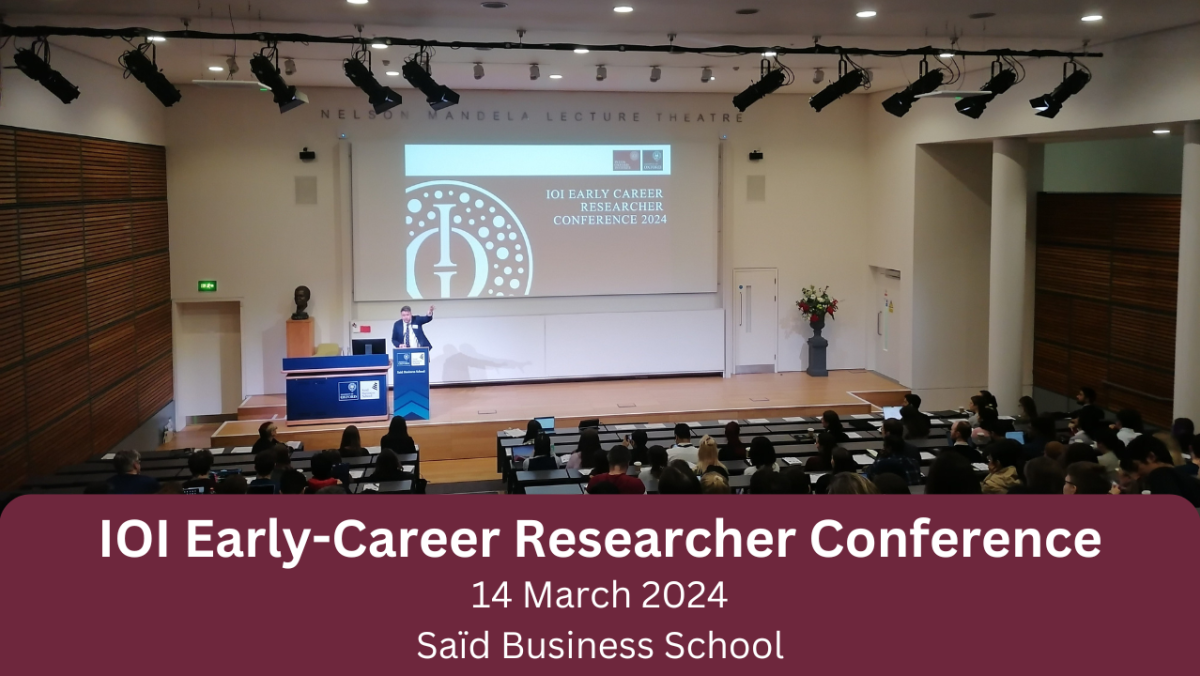
Hosted by the Ineos Oxford Institute for antimicrobial research (IOI), the IOI ECR Conference themed ‘Multisdicplinary Approaches to AMR’ brought together over 170 early career researchers across disciplines to share their work to combat antimicrobial resistance (AMR).
Recordings of the morning sessions and afternoon sessions are available on the IOI YouTube channel.
AMR is one of the greatest threats to global health, food security and development today, and is predicted to cause over 10 million deaths per year by 2050.
This year’s theme was ‘Multidisciplinary Approaches to AMR’, placing focus on the complex challenges posed by AMR and the need for a co-ordinated and interdisciplinary approach to tackle this growing threat.
Keynote speaker Prof Diane Ashiru-Oredope, Lead Pharmacist at the UK Health Security Agency, UKSHA, spoke about the need for antimicrobial stewardship and the sharing of information at local, national and global levels.
“There is a need for diverse, engaged approaches from across research disciplines and healthcare infrastructure to combat antimicrobial resistance”.
Invited speakers brought a wealth of expertise and perspectives, from antimicrobial peptides (Dr Stephen Cochrane, Queens University Belfast) and Open-Source Artificial Intelligence for antimicrobial drug discovery (Dr Miquel Duran-Frigola, Ersilia Open-Source Initiative) to AMR intervention in aquaculture (Dr Lucy Brunton, Royal Veterinary College) and genetically modified bacteriophages (Dr Antonia Sagona, University of Warwick).
Attendees also considered AMR from a social and ethical perspective, with talks on antimicrobial stewardship policies and justifications (Dr Tess Johnson, University of Oxford) and measuring the global response to AMR (Dr Jay Patel, University of Leeds).
Alongside invited speakers, 10 flash talks were selected from submitted abstracts, with prizes awarded to Dr Ffion Hammond and Dr Sara Keller-both working at the University of Oxford.
Over 60 posters were presented across two sessions, with four winners selected: Natasha Reddy (University of Warwick), Eva Benyei (University of Cambridge), Carolina Borrelli (University College London) and Raja Alqudah (University of Manchester).
